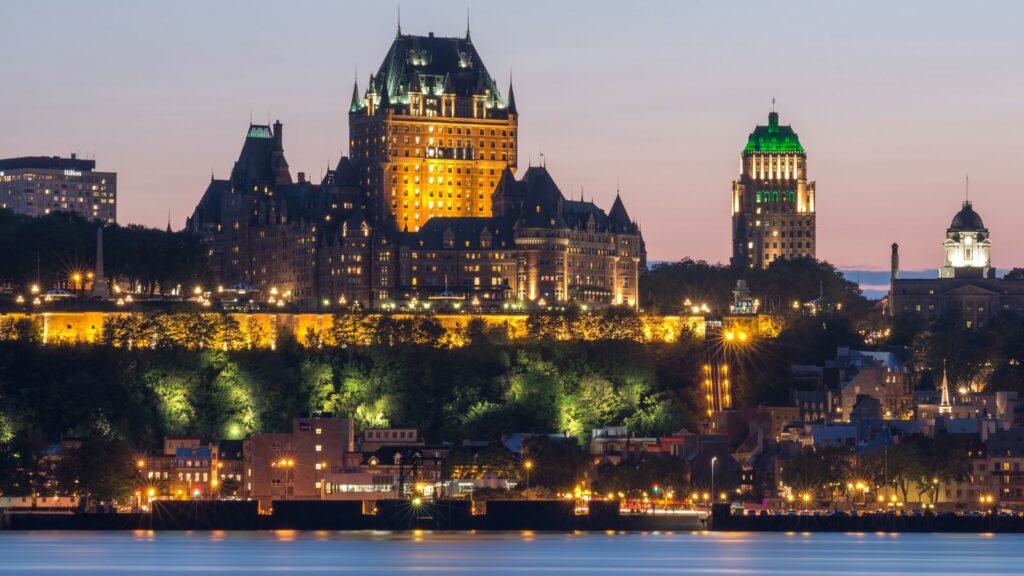Canada is known for its order, civility, and structured legal system, but even the most organized societies have their share of peculiar laws. In 2025, a variety of new and unusual regulations came into effect across provinces and municipalities, catching many Canadians by surprise. From limits on snowman height to bans on public bandage removal, these laws range from oddly specific to historically outdated. While some serve practical purposes, others highlight the quirks of regional governance and cultural preservation. This article explores 19 strange new laws Canadians should be aware of as they navigate daily life in 2025.
No Pet Rats in Alberta
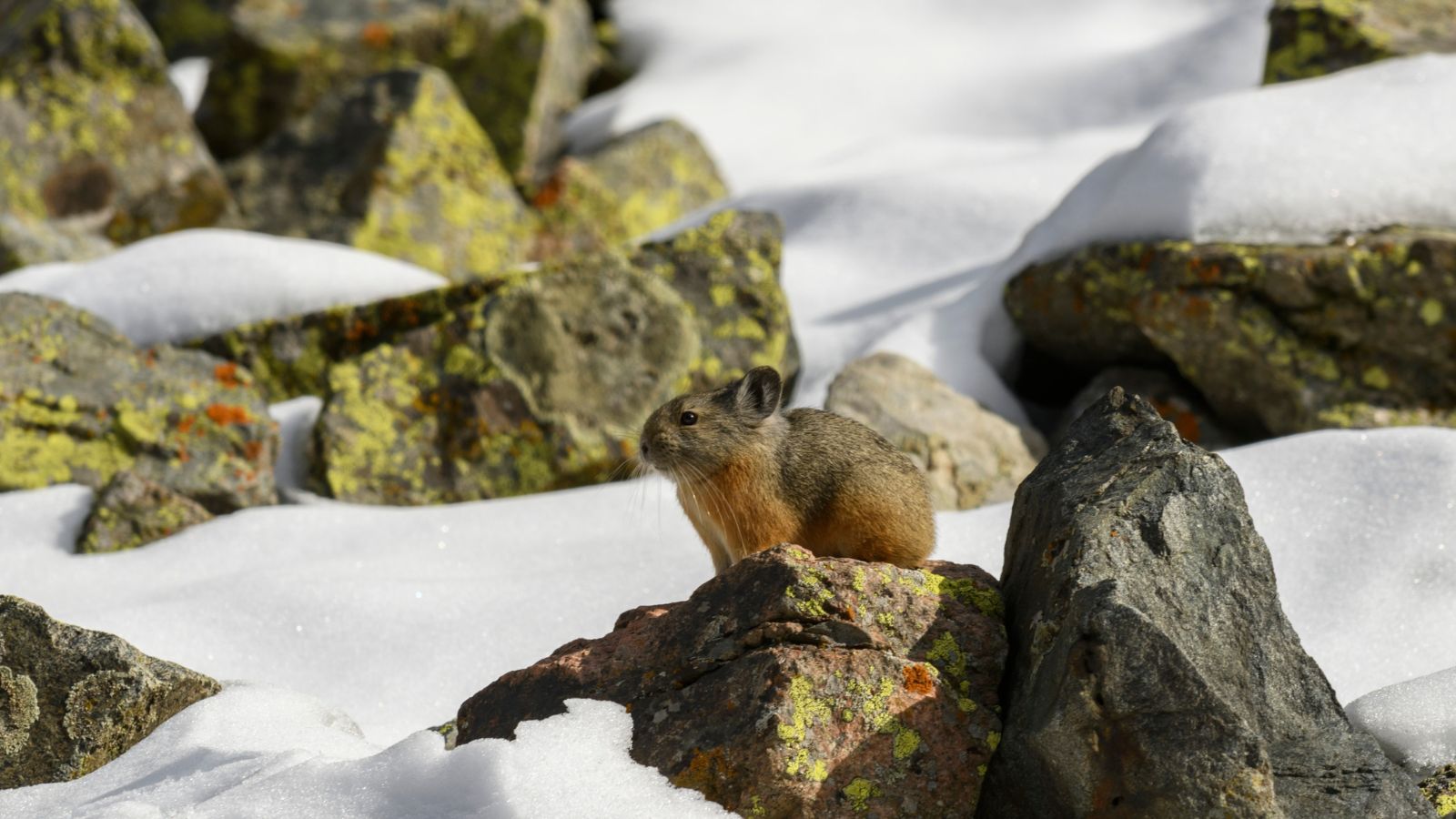
Alberta is one of the few places in the world that has successfully eliminated rats. As part of its effort to remain rat-free, the province has laws that prohibit citizens from owning pet rats. The government spends over $500,000 annually to prevent rat infestations, protect agriculture, and stop the spread of disease. Residents must leave their pet rats behind, as owning them is illegal and undermines Alberta’s rat-free initiative.
No Whistling in Petrolia, Ontario
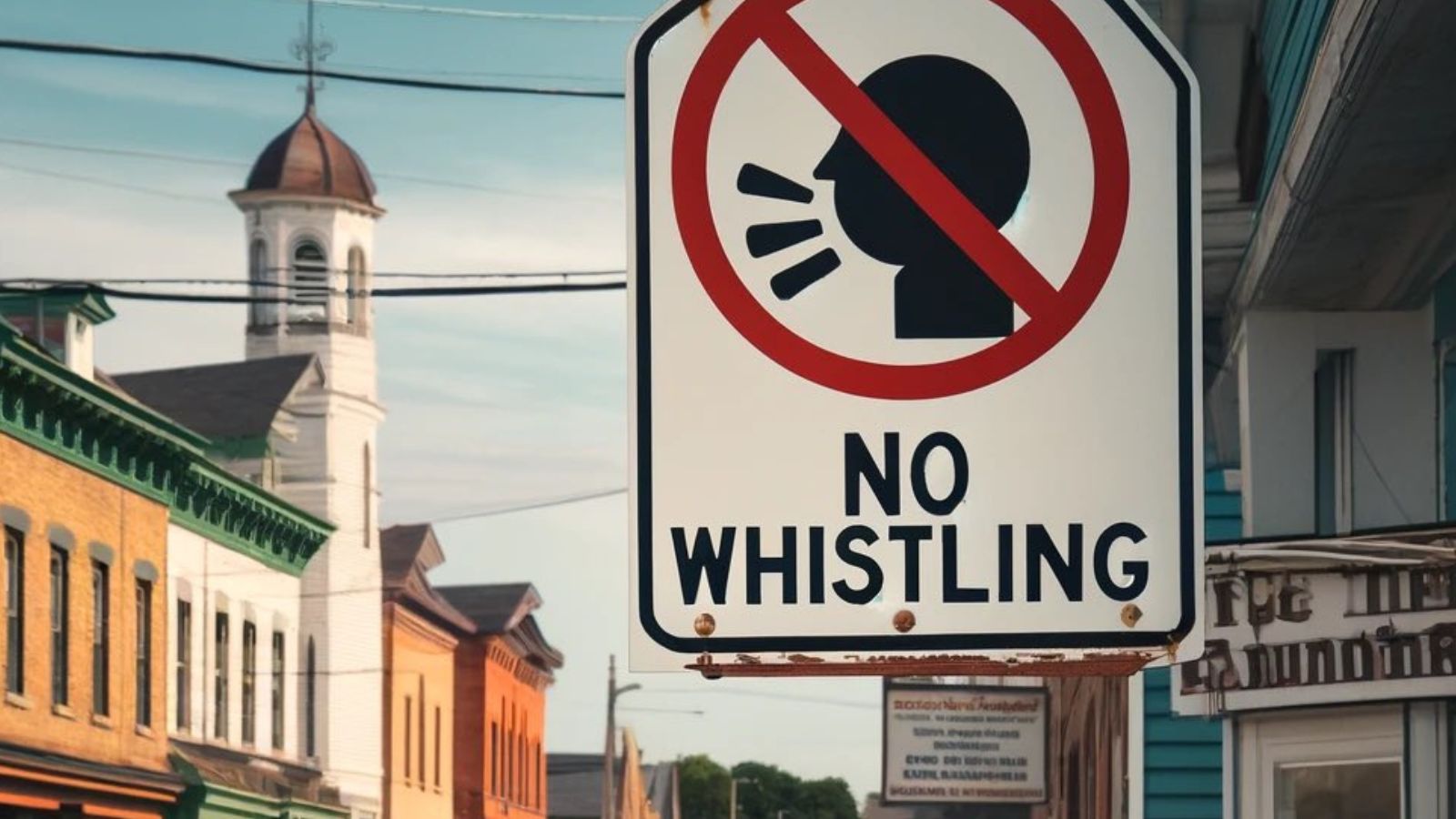
Residents of Petrolia, Ontario, must refrain from shouting, whistling, or singing between 11 PM and 7 AM. This local bylaw helps maintain peace and quiet for the town’s 5,000 residents. Think twice before starting a late-night karaoke session in this town.
No Snowmen Taller Than 30 Inches in Souris, Prince Edward Island
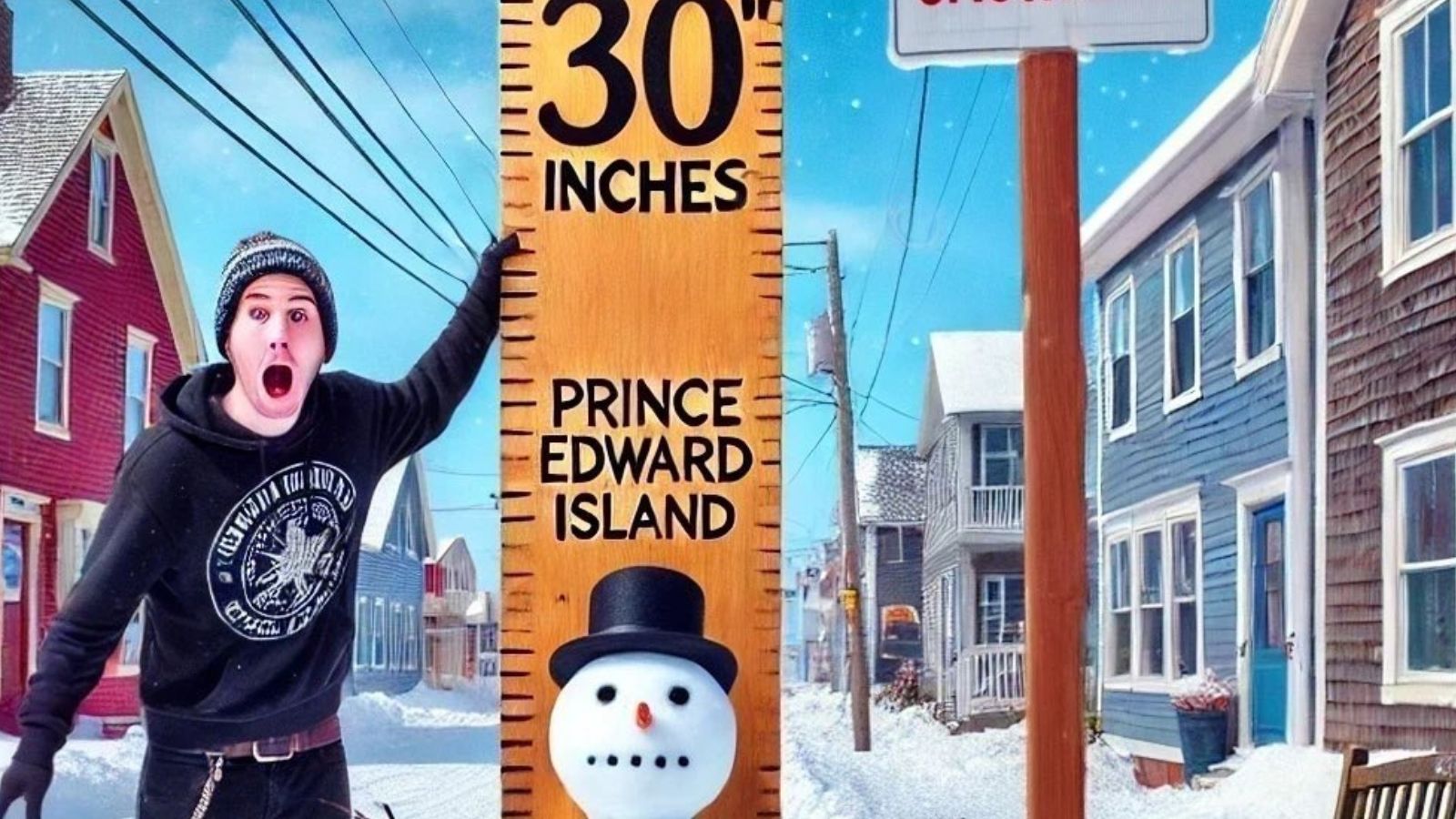
In Souris, Prince Edward Island, snowmen must be under 30 inches tall. The law is meant to prevent the obstruction of city views and is one of Canada’s more unusual regulations. Local officials enforce this rule to preserve both driver visibility and the town’s scenic charm. Residents are encouraged to enjoy winter creativity while staying mindful of public space guidelines.
Dragging Dead Horses Legally Limited Along Yonge Street in Toronto
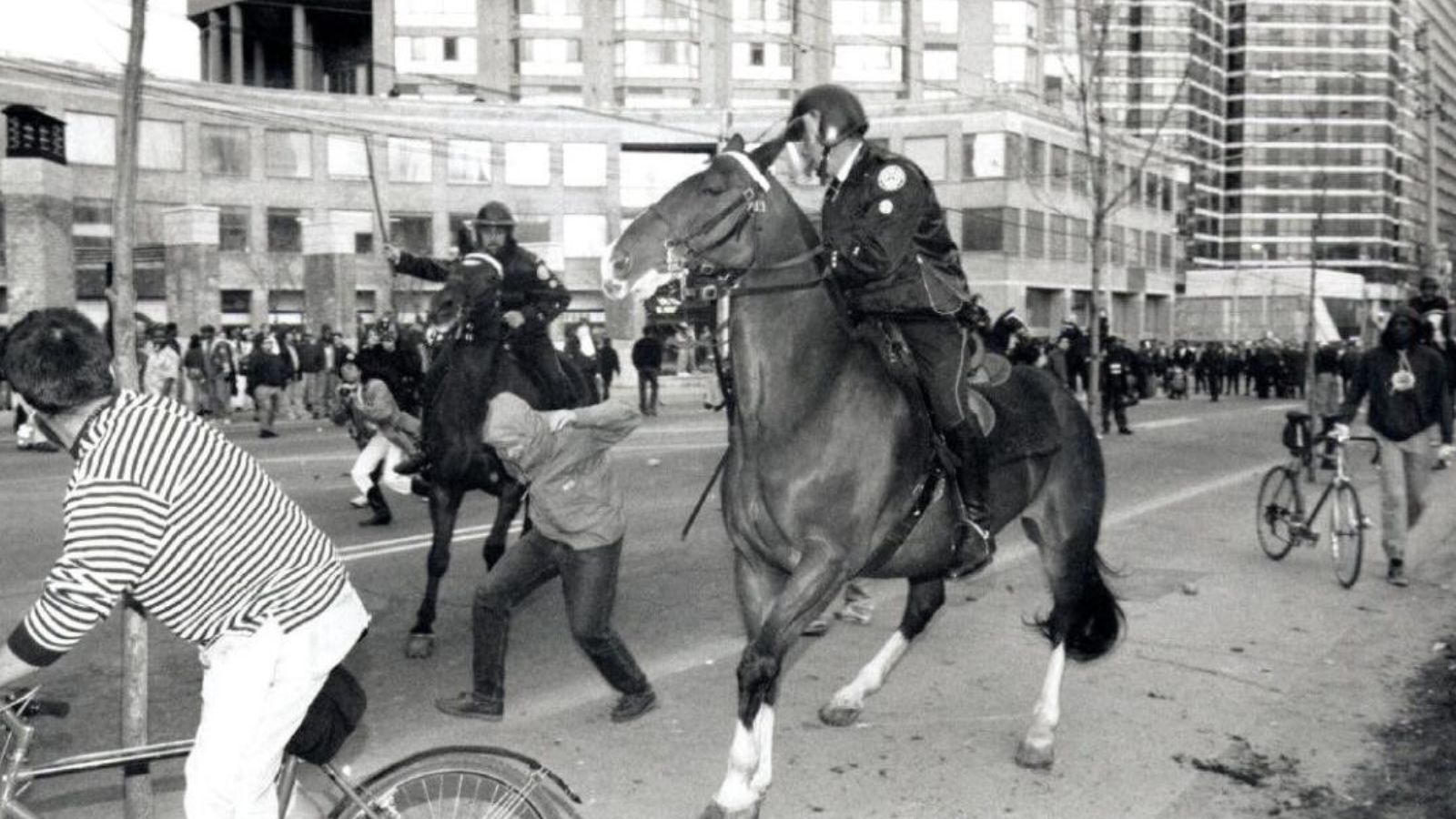
Although Yonge Street in Toronto is now bustling with modern activity, a bizarre old law still prohibits dragging dead horses down the street on Sundays. This outdated regulation reflects how much the community has evolved over time.
Limit on Coin Payments

Canada restricts the use of coins in transactions. A customer can pay with a maximum of 25 loonies and five coins of 25 cents per transaction. This law was created to reduce inconvenience in the marketplace and discourage excessive use of small coins.
Noisy Parrots Can Cost You

In Oak Bay, British Columbia, residents can be fined up to $100 for owning noisy parrots. This bylaw aims to maintain a peaceful environment. Parrot owners should keep their feathered friends quiet to avoid penalties.
Illegal to Pretend to Practice Witchcraft

Although dueling is no longer a concern, a unique Canadian law still prohibits pretending to practice witchcraft. Originally meant to curb violent disputes in the 19th century, this unusual law serves as a reminder of Canada’s historical approach to conflict resolution.
Illegal to Remove a Bandage in Public

Removing a bandage in public is prohibited under hygiene-related regulations. The goal is to prevent the spread of infection, though this outdated rule stands out as particularly strange.
Pet Rat Ownership Restricted to Four in Port Coquitlam, British Columbia

In Port Coquitlam, British Columbia, residents may own no more than four pet rats. This rule helps prevent infestations and encourages compliance for public health and safety.
French Swear Words in Quebec

Using French swear words in public in Quebec should be done with caution. The province strongly enforces cultural standards and language preservation through this regulation. Offensive language, especially in public or broadcast settings, may lead to fines or public complaints. This law reflects Quebec’s commitment to maintaining linguistic integrity and respectful public discourse.
Illegal to Water the Lawn During Rainfall in Beaconsfield, Quebec
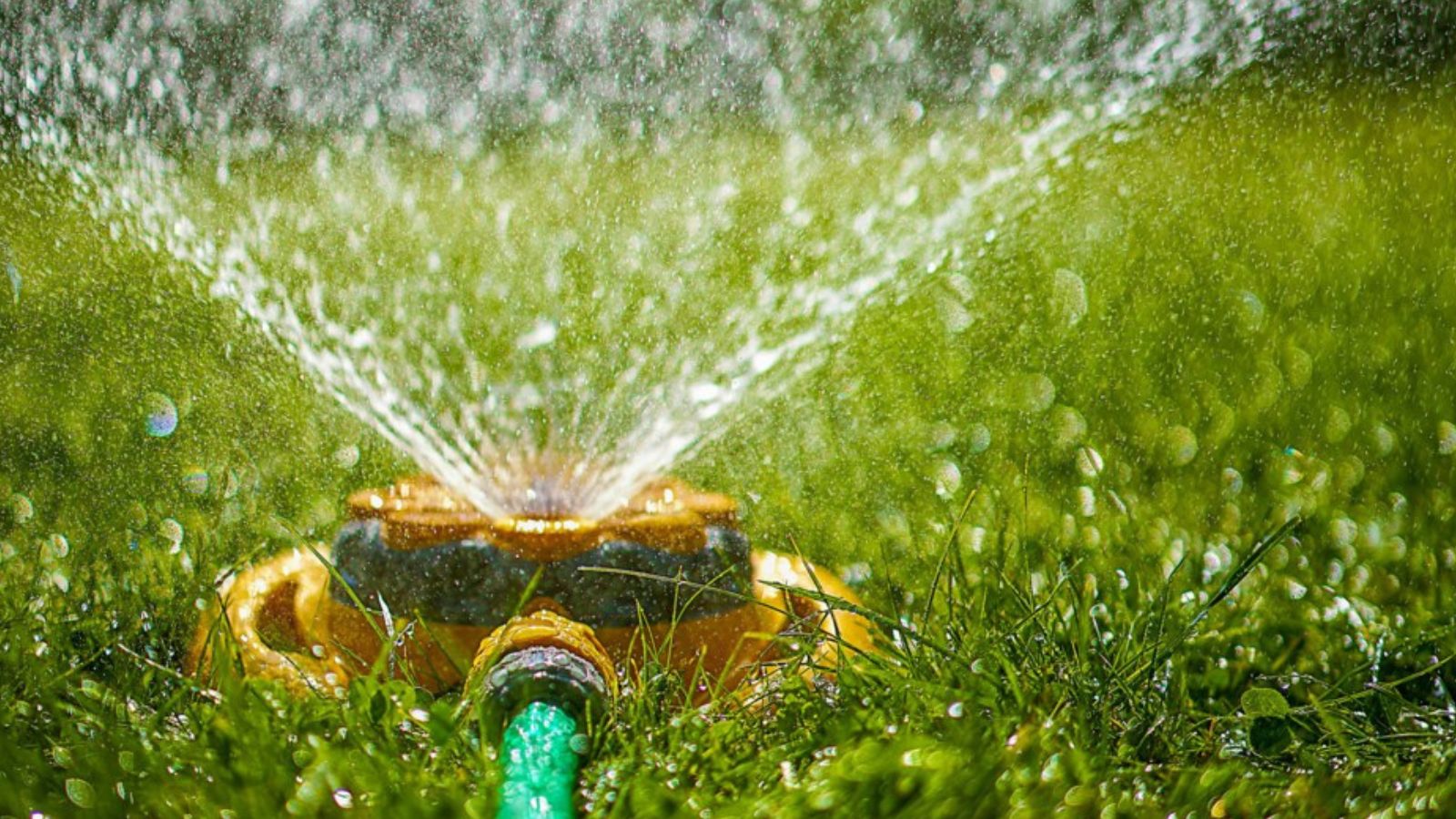
Residents in Beaconsfield, Quebec, face restrictions against lawn watering, which becomes prohibited when rainfall occurs. Practical regulations exist to preserve the water supply and eliminate unnecessary water usage. The town’s practices promote resident awareness about how their actions affect the environment.
Illegal to Drive Backward in an Intersection or Crosswalk
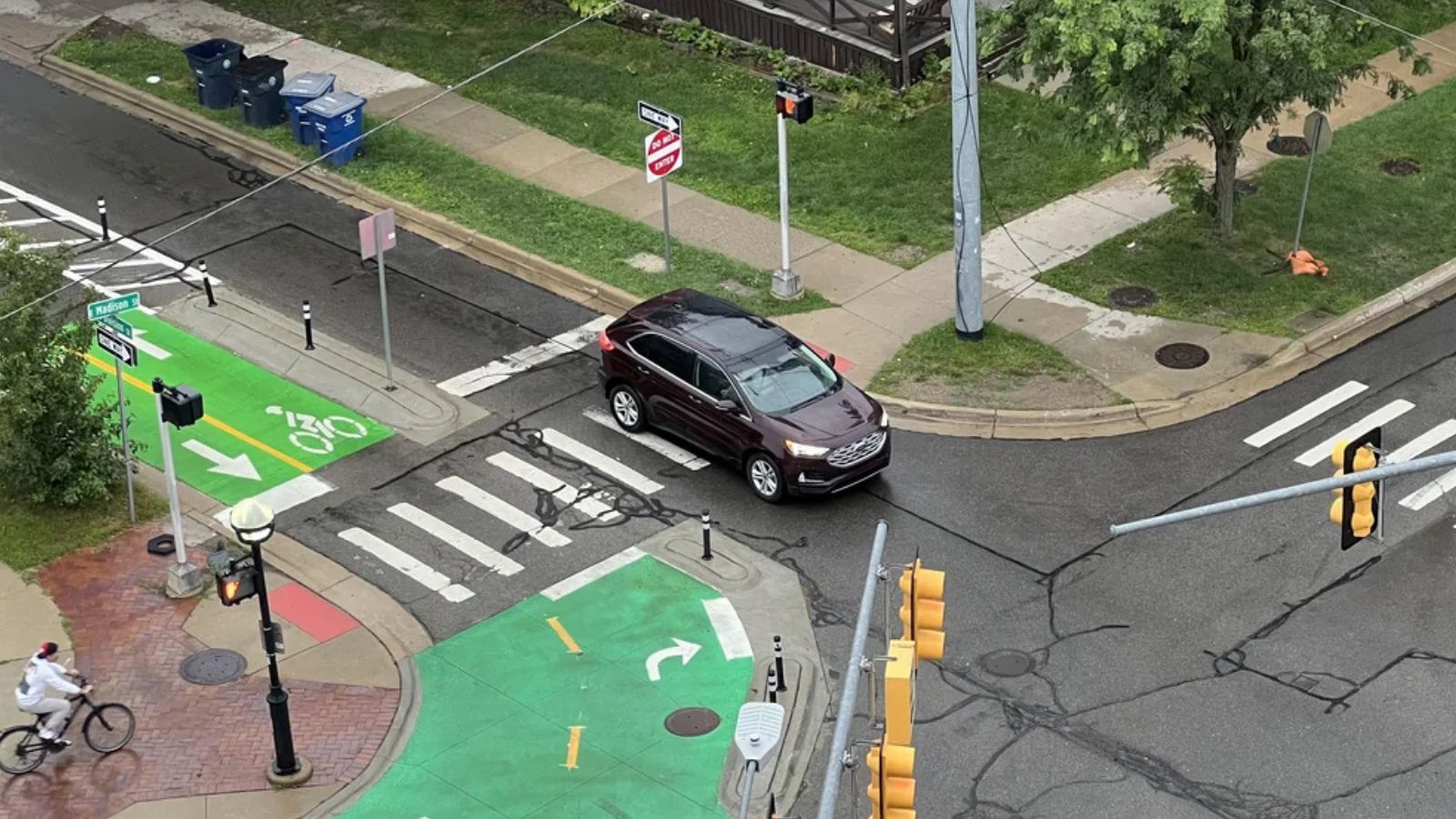
Reversing your vehicle while in an intersection or crosswalk is illegal in Canada. This safety law aims to protect pedestrians and reduce the risk of accidents.
Illegal to Die in Ontario Provincial Parliament Buildings
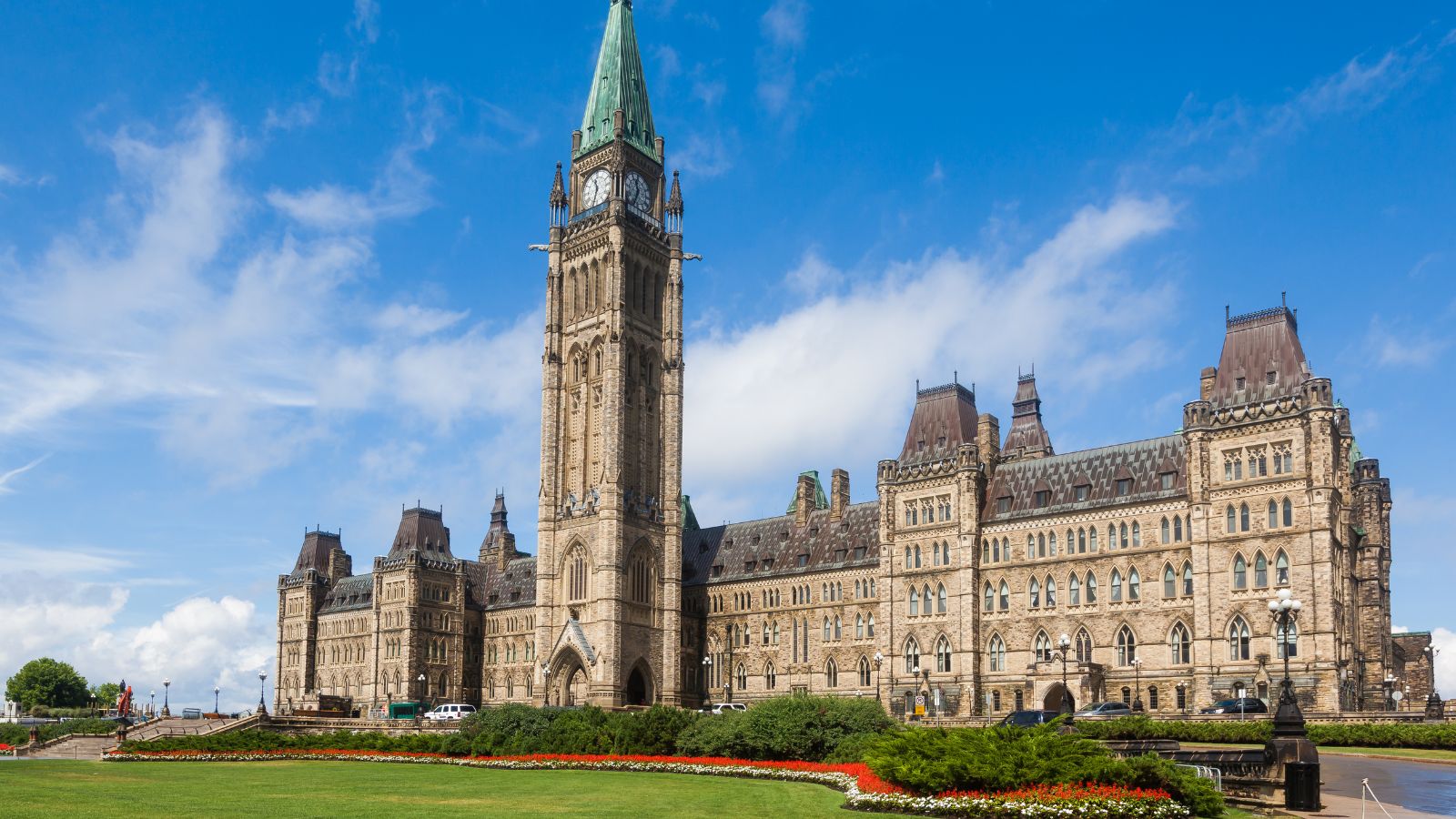
Dying inside Ontario’s provincial parliament buildings is technically illegal. This antiquated law was originally meant to avoid the complex ceremonial issues arising from deaths on government premises. While not enforced today, the law still exists.
Prohibition on Carrying Machetes in Public in Quebec
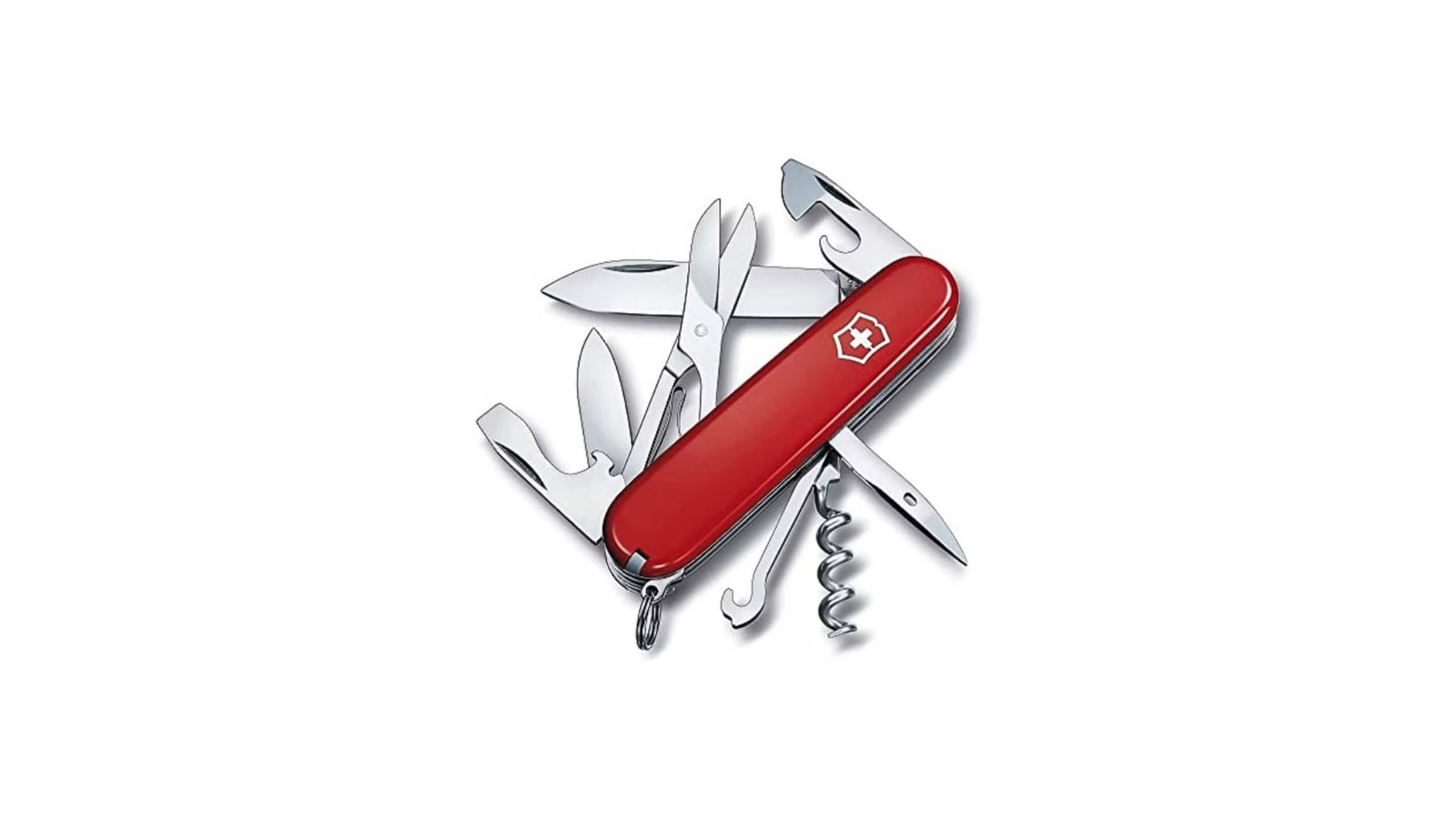
In Quebec, carrying a machete in public is prohibited unless you have a valid reason. This law enhances public safety by regulating potentially dangerous items in shared spaces.
Prohibition on Bringing Llamas into National Parks
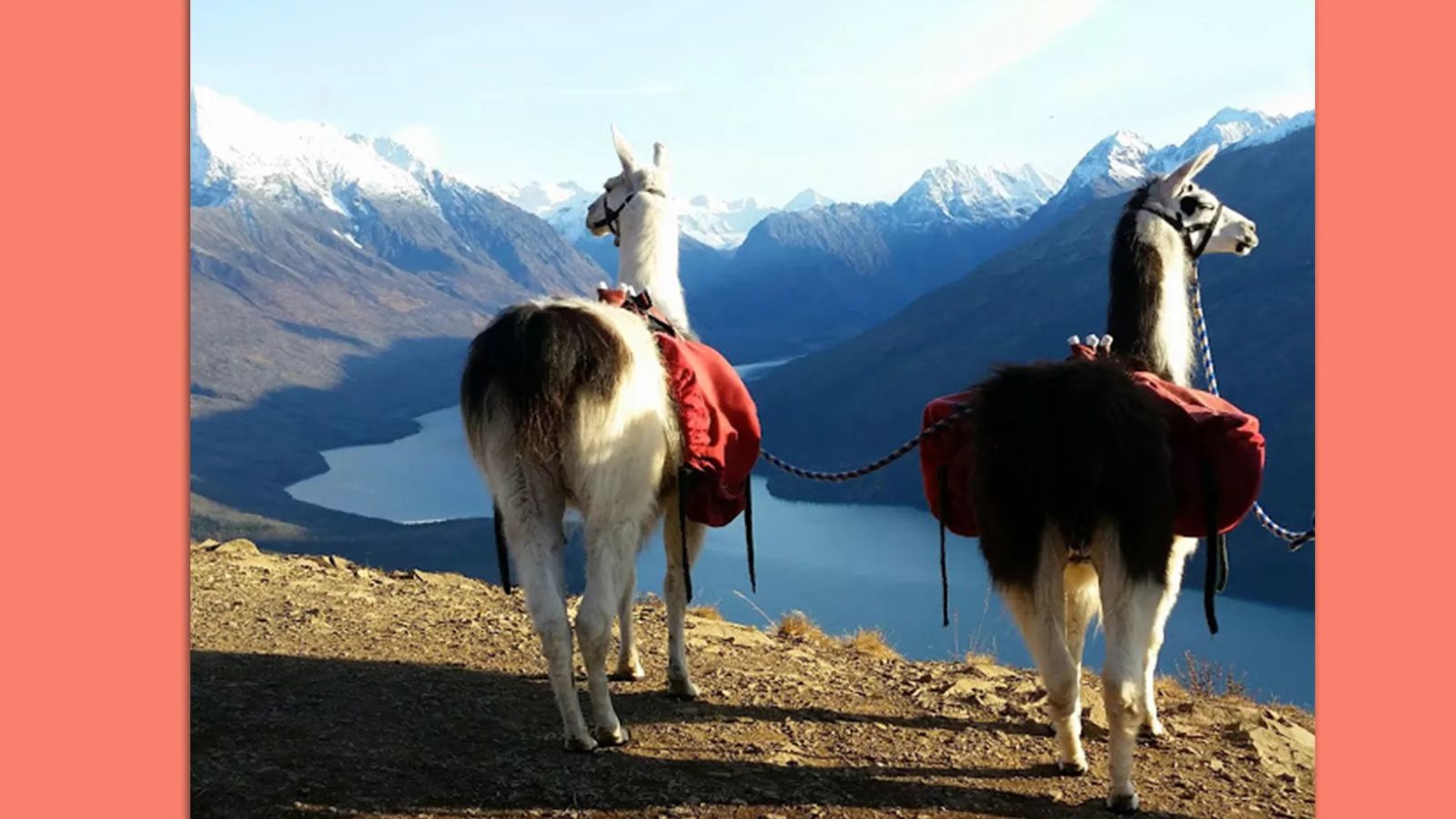
Canada bans the entry of llamas, sheep, goats, pigs, and live birds into national parks. This regulation is designed to protect native wildlife and prevent the spread of disease.
Illegal to Paint Wooden Ladders in Alberta

Alberta Department of Public Safety prohibited citizens from painting wooden ladders within the province. The ban on wooden ladder painting exists to protect public safety because paint hides material flaws that result in unsafe conditions.
Restrictions on Garage Sales in Toronto
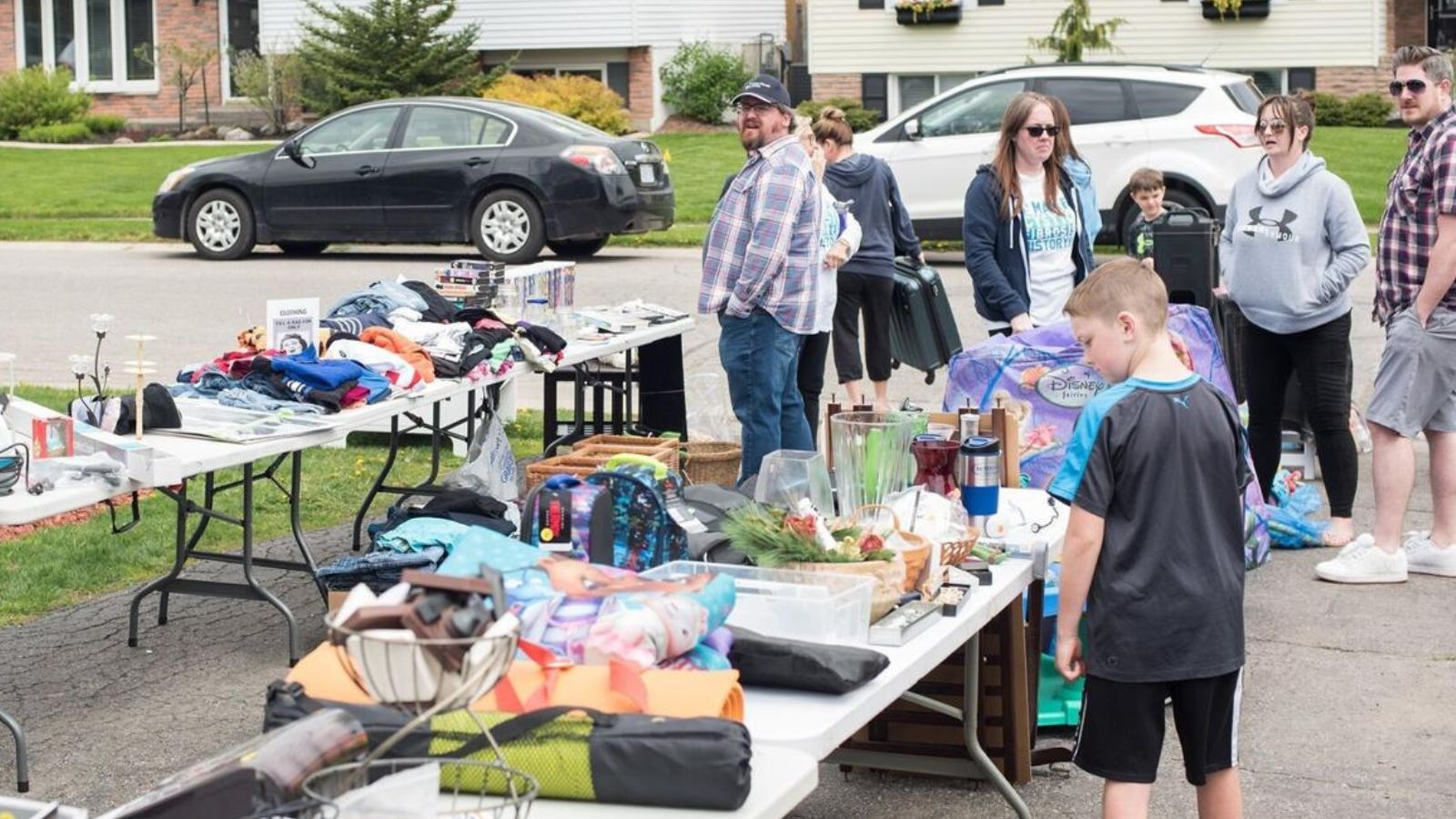
Toronto residents are limited to holding two garage sales per year, each lasting no more than two days. This regulation aims to prevent neighborhoods from turning into year-round marketplaces.
Prohibition on Swearing in Public Parks in Toronto

Swearing in public parks in Toronto is illegal. The city enforces this bylaw to maintain family-friendly environments in recreational spaces.
Illegal to Melt Snow or Ice with Drinking Water in Quebec
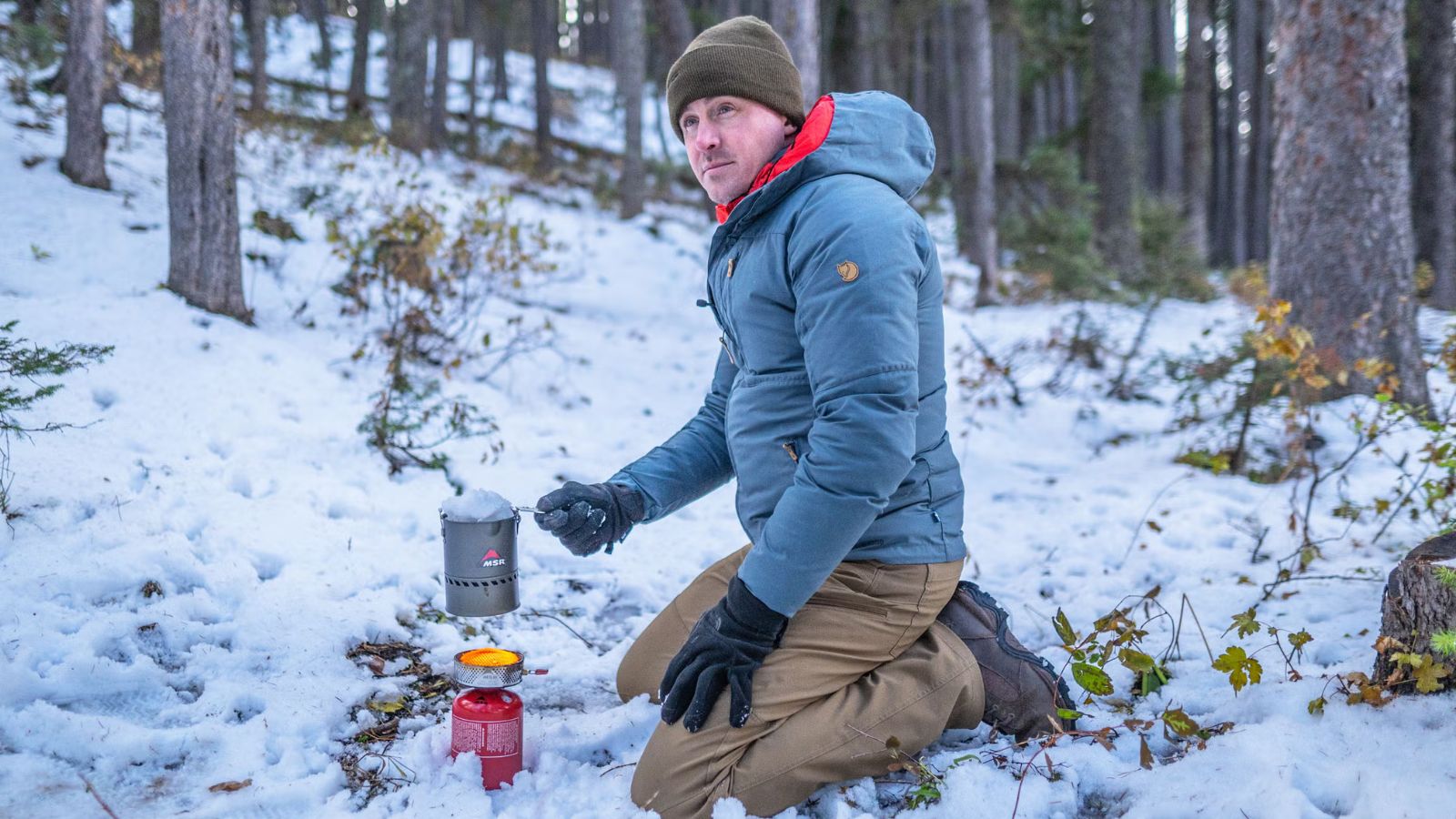
Using drinking water to melt snow or ice is prohibited in Quebec. This water conservation law promotes responsible use of resources and supports eco-friendly winter habits.
Conclusion

Canada is home to several unique and surprising laws that may catch people off guard. Many of these rules have historical roots or serve specific local purposes. Understanding these legal quirks not only prevents unintentional violations but also offers insight into Canada’s diverse and evolving legal culture. Whether you’re a resident or a visitor, being aware of these strange laws helps ensure that you navigate Canadian society with respect and awareness.
22 Times Canadian Ingenuity Left the U.S. in the Dust

When people think of innovation, they often picture Silicon Valley. However, Canada has a history of innovation, too. Whether it’s redefining sports, revolutionizing medicine, or just showing America up at its own game, Canadian inventors, thinkers, and dreamers have had their fair share of mic-drop moments. Here are 22 times Canadian ingenuity left the U.S. in the dust.
22 Times Canadian Ingenuity Left the U.S. in the Dust
